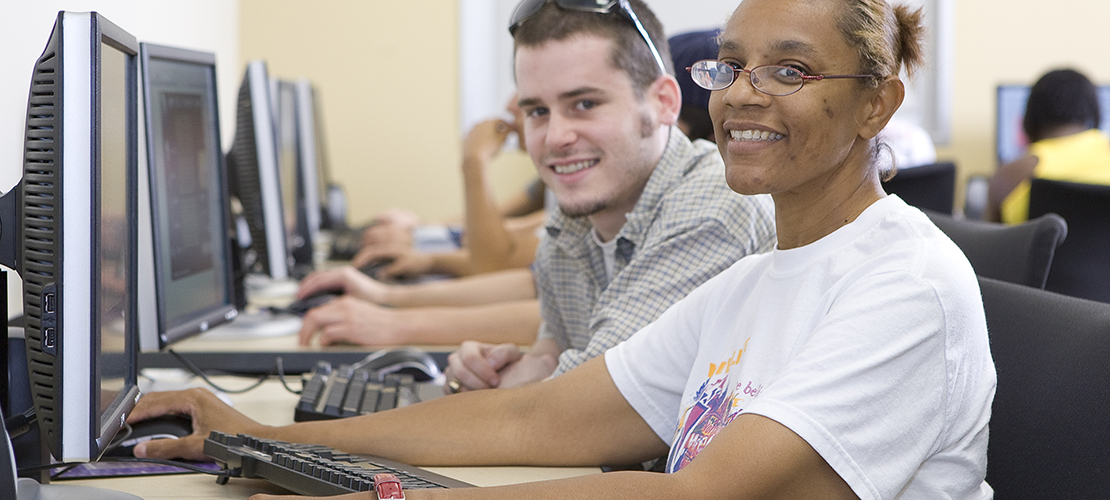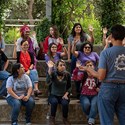IT Security Awareness
Tips to Improve Security of your Computer and Data
- Never share your user password with others. Our College or other entities will never request your username, password, or other personal information by email. Please do not respond to emails requesting personal information.
- Secure your computer equipment, including laptops, media tablets, and smartphones, in a safe environment.
- Use a secure network connection wherever possible when accessing data. Secure connections prevent unwanted viewing of your electronic communication.
- method of authentication.
- Keep your software and operating system up to date. Regular updates patch security vulnerabilities that cybercriminals can exploit.
- Use strong, unique passwords for different accounts and consider using a password manager to keep track of them securely.
- Be cautious of phishing attempts. Verify the sender's email address and look for signs of fraudulent emails, such as spelling errors, unusual requests, or even job postings.
- Regularly back up your data. Use both cloud storage and physical backups to ensure your data is safe in case of a cyber attack.
- Install and maintain reputable antivirus and anti-malware software. Regular scans can help detect and remove harmful software from your devices.
- Enable multi-factor authentication (MFA) on all your accounts. MFA provides an additional layer of security by requiring more than one
- Limit the use of public Wi-Fi for sensitive transactions. If necessary, use a virtual private network (VPN) to encrypt your connection.
- Be mindful of the permissions you grant to apps and services. Only provide necessary access and regularly review your privacy settings.
The NVC IT Security Specialist, located in the IT department offices, is available for any information or help from the hours of 7am to 4pm.
Important: If an incident poses any immediate danger, please call 911 to contact law enforcement authorities immediately.
The types of incidents you report include:
- Unauthorized exposure of private personal information (which may lead to identity theft or misrepresentation)
- Computer break-ins and other unauthorized use of San Antonio College systems or data
- Unauthorized changes to computers or software
- Equipment theft or loss
- Interference with the intended use of information technology resources
- Keep in mind that all employees and students who use Northwest Vista College information technology resources are to follow Policy C.1.9 and Procedure C.1.9.1. A link to both can be found here: Board Policies.







